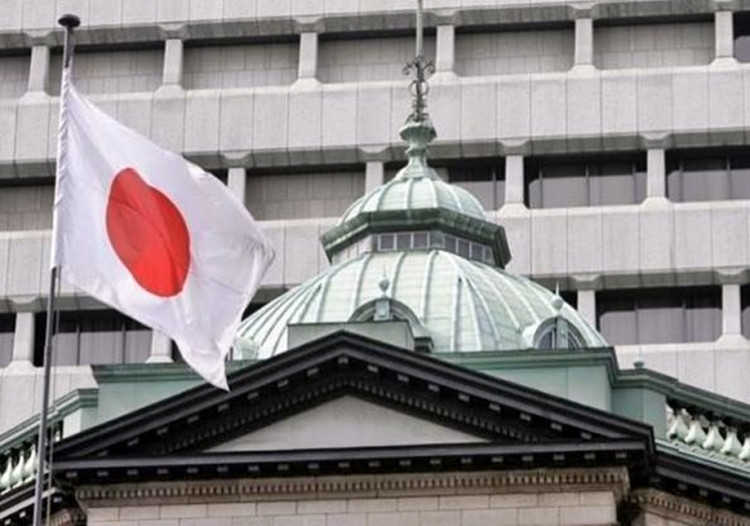The Bank of Japan is set to release its quarterly economic report and policy statement this week. Ahead of this pivotal interest rate decision, the market is embroiled in fierce speculation over whether the Bank of Japan will launch another surprise move.
UBS Bank straightforwardly posits that this week presents a prime opportunity for the Bank of Japan to act, and it believes it's time to adjust its policies.
On July 21st, a team led by UBS economist Masamichi Adachi stated in a report that most people might have misunderstood the dovish stance of the Bank of Japan's governor, Haruhiko Kuroda. Contrary to the majority of market expectations, UBS believes that given the current economic situation, it's time for the Bank of Japan to perhaps adjust its yield curve control (YCC) policy this week. If UBS is correct, then the Bank of Japan's "surprise" could once again "shake the market."
According to a recent Bloomberg survey, only 18% of economists think that the Bank of Japan will adjust or cancel its YCC policy this week. A vast majority, 82%, of economists expect no policy change at this meeting, with 40% predicting no adjustment within the year.
The survey also showed that about 60% of market participants would be surprised if the Bank of Japan took action this week.
UBS suggests that the majority of the market has misunderstood the Bank of Japan's intentions. Given the ongoing inflation, the Bank of Japan has enough reason to assess that inflation has risen enough to offset the impact of adjusting the YCC policy on the bond market.
Japan's overall inflation rate rose to 3.3% in June, surpassing the United States for the first time in eight years. Core inflation "soared" to 4.2%, hitting its highest level since September 1981. UBS contends that Japan's CPI is under significant habitual pressure. Whether the Bank of Japan can achieve a sustained inflation target of more than 2% in the coming years depends on whether inflation rises again after falling.
Based on UBS predictions, Japan's inflation rate will decrease in the coming months, dropping to less than 2% by mid-next year. The current drop in import prices indicates that CPI inflation faces substantial downward pressure.
UBS points out that whether the Bank of Japan can achieve a 2% inflation target in the next few years depends on whether inflation rises again after falling. It's expected that the inflation rate will drop to less than 2% by the middle of next year. In other words, the key focus is whether the inflation path takes a U-shape (i.e., inflation re-accelerates) or an L-shape (i.e., it will not re-accelerate unless it drops further).
Looking beyond this year, attention is on the output gap (i.e., actual GDP growth) and wage prospects. According to UBS predictions, wage growth will slow in the fiscal year 2024 after a significant acceleration this fiscal year and will recover in the fiscal year 2025. There is little confidence in the current pace of wage increases.
UBS highlights in its report that Japan's yield curve is gradually smoothing, and bond market functionality has improved. However, viewed from a longer-term perspective, market functionality has deteriorated, making July the best time to initiate the normalization of Japanese monetary policy.
UBS also points out, what would happen if their policy predictions for the Bank of Japan were wrong, and it continues to remain inactive this week?
It would indicate that under Haruhiko Kuroda's leadership, the Bank of Japan is more dovish in its potential inflation assessment and less worried about normalizing market functionality. Under such a policy stance, the yen and bond yields will continue to fall, while stock and property prices will rise.
UBS believes that, although the aforementioned outcome sounds more beneficial for Japan to achieve a sustainable inflation target, the risks of market and economic turbulence will be higher when the Bank of Japan shifts towards policy normalization.






